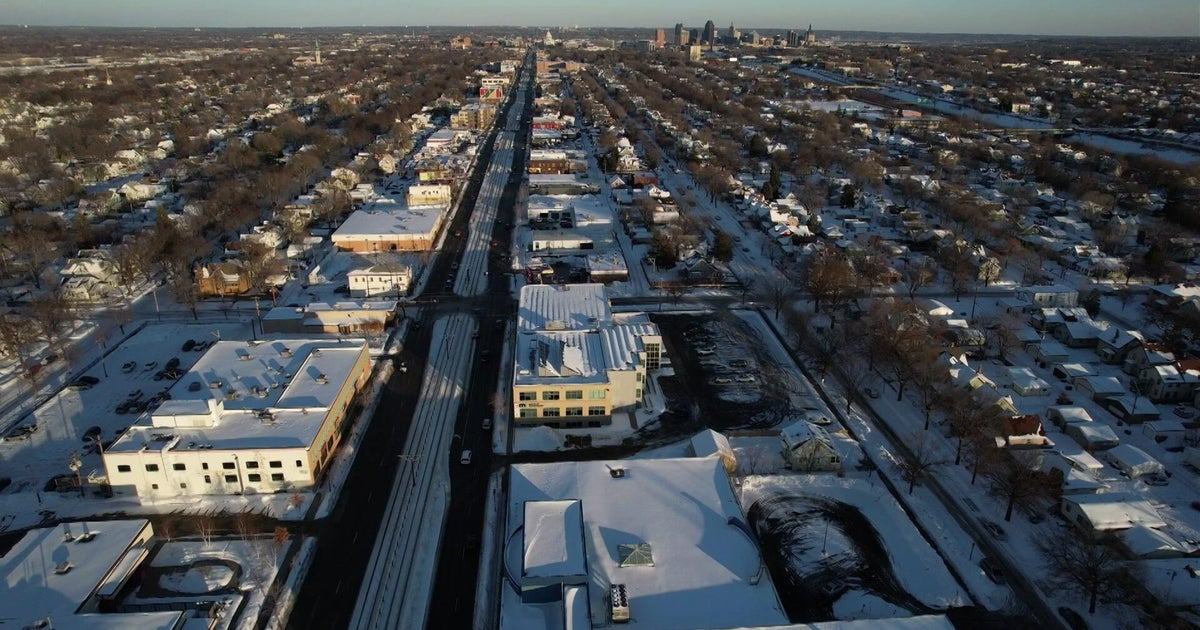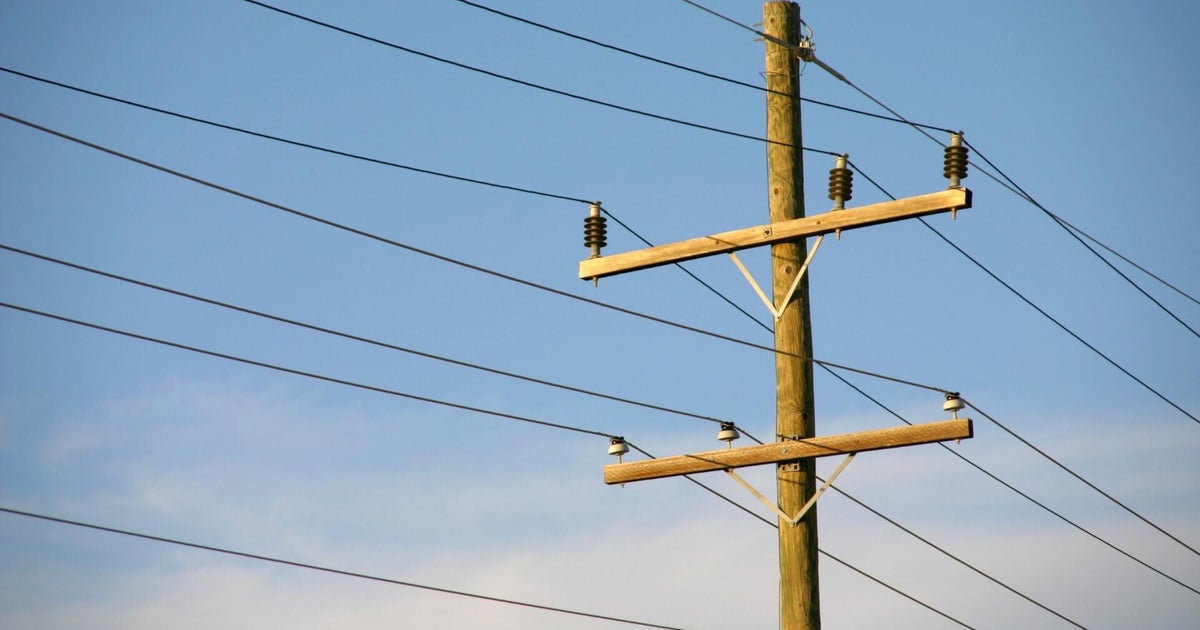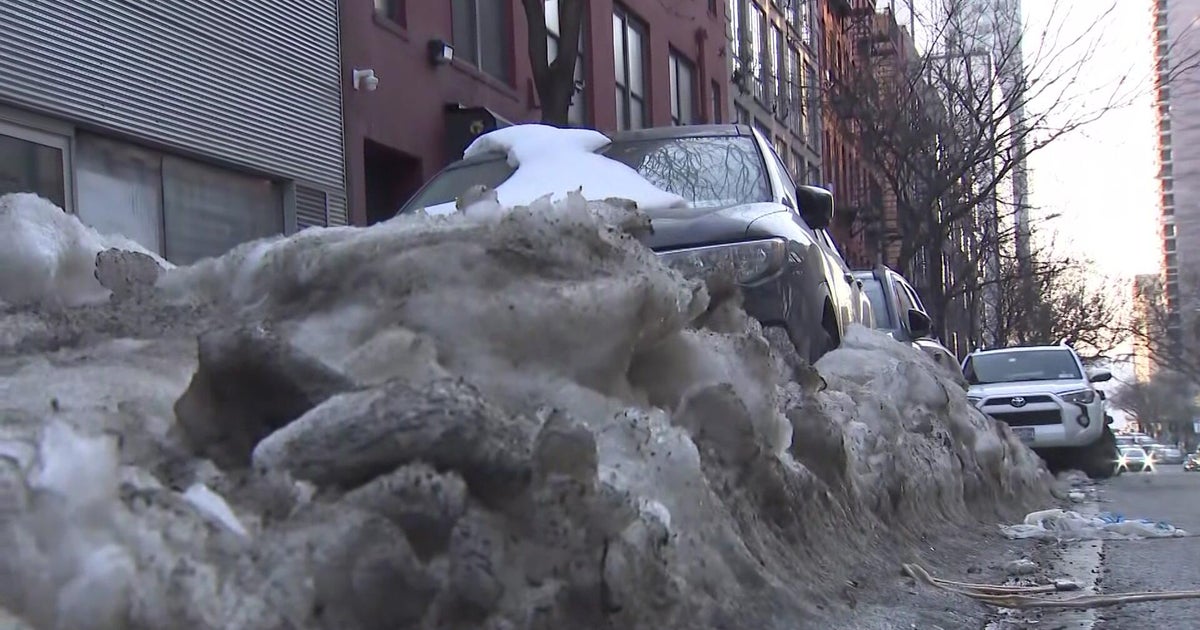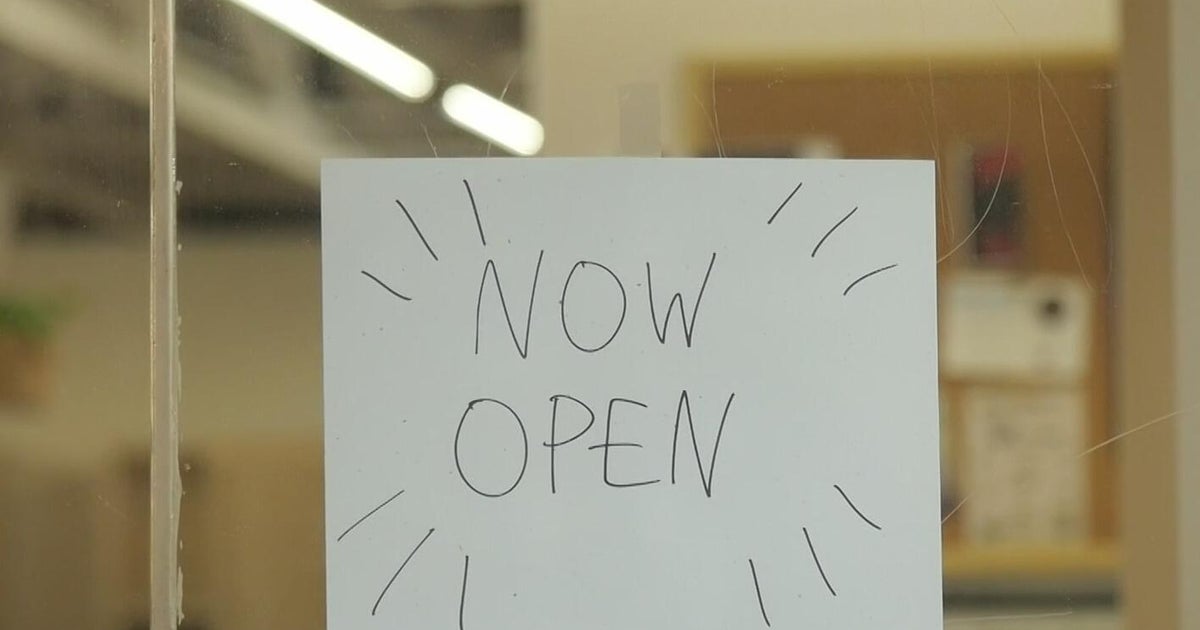Why is the cost of homeowners insurance going up in Minnesota?
MINNEAPOLIS — While many have finished cleaning up from last week's storms, their impact is far from over.
Even if you didn't have any damage, you could still feel the pain when it comes to paying for home insurance.
For five straight years, insurance companies say they have lost money in Minnesota. Now, some people are paying up an additional $1,600 or more for coverage.
If something doesn't change, that trend will only increase.
While most of us see a storm as downed trees and power outages, Aaron Cocking sees dollars, cents and an unrelenting trend. He's the president and CEO of the Insurance Federation of Minnesota.
"I don't think it's a surprise to anybody that the insurance market is a challenge right now," Cocking said. "The price that we're paying now for our insurance premiums is kind of the direct price we're paying as a result of climate change. The wind that we're having, the hail that we're having, kind of on an unprecedented level over the last handful of years has just not allowed insurers to catch up."
The result is insurance companies are down money six of the last seven years and charging homeowners more to cover it.
"We've seen premium increases 20 and 30% per year, they're going to have to continue that trend in order to make money," insurance expert Mark Kulda said.
Kulda said companies are now finding other ways to cut costs.
"We've seen that insurance companies are walking back their coverage. They're either leaving the market, they're making it more difficult for policy holders to get their policies or they're taking a look at the policies and taking back benefits that they used to provide consumers," Kulda said.
The result is twice as many complaints from homeowners to the state over out-of-pocket costs and denied claims.
With no sign these storms will stop any time soon, both men say this story should be a sign to read your policy and potentially shop around.
Other factors playing a role in the increasing price of insurance include inflation, labor costs and supply costs.








